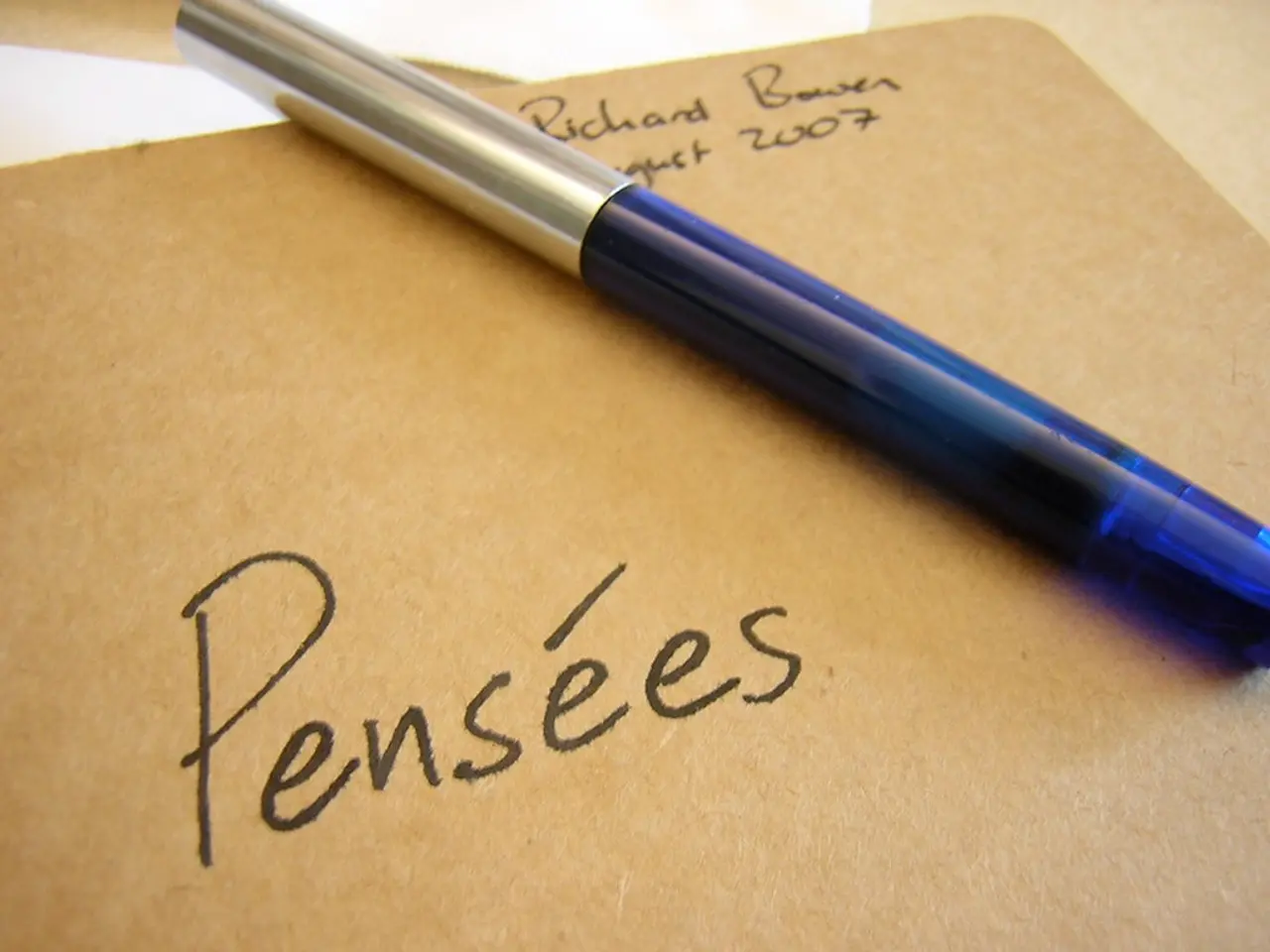Essential Tools for Scribes with Neurodivergent Traits
In the dynamic world of writing, neurodivergent authors often face unique challenges when it comes to focus and executive functions. However, a wealth of resources and tools are available to help manage these challenges and foster productivity.
One such resource is Rebecca Makkai's Writing With ADHD Substack, a platform offering insightful advice and encouragement for neurodivergent writers.
When it comes to writing software, distraction-minimizing tools like FocusWriter, Scrivener, OmmWriter, and even the built-in focus/timer tool in later versions of Windows, can help create a conducive environment for focused writing.
Timers and Pomodoro apps, such as the Forest app or the built-in Windows focus/timer tool, are effective in breaking writing projects into manageable time chunks, aiding attention regulation. Note-taking and idea-capture apps, like Otter.ai, Evernote, OneNote, or quick voice recorders, are invaluable for capturing thoughts spontaneously, aiding fast-moving ideas common with neurodivergence.
AI-assisted brainstorming and organization tools, such as ChatGPT, Google Gemini, Microsoft Copilot, and Google NotebookLM, can help generate ideas, organize thoughts, and create outlines, supporting executive functions like planning and metacognition.
Distraction-blocking physical devices, like Brick, can help avoid temptation and maintain focus by blocking distracting apps/sites until physically unlocked. Project planning and productivity platforms, such as Notion, TickTick, Capacities, and Obsidian, assist with organizing projects, tracking tasks, and managing time to bolster executive function skills in creative work.
Practical strategies include breaking large writing tasks into small chunks, using visual aids like whiteboards to map out ideas, and finding your highest focus times to work during those periods. Prioritizing self-compassion, body doubling (writing with a friend), and regular exercise can also help overcome challenges associated with a neurodivergent brain.
For support and community, writers with ADHD can find solace in Facebook groups like "Writers with ADHD" and the Neurodivergent Writers & Artists Discord. The book "Your Brain's Not Broken" by Tamara Rosier offers insights on motivation and energy for ADHD minds, while "Refuse to Be Done" by Matt Bell is recommended, especially for nonlinear writers with a kind, persistent tone.
In the words of Jessica McCabe, "Let yourself write out of order. Your brain isn't broken, it's nonlinear. Embrace it." And remember, as Dana Rayburn advises, "Progress over perfection. Finish messy, edit later."
References:
[1] Neurodivergent Writers
[2] Creatively ADHD
[3] Reddit: r/adhdwriters
[4] Passionate Writer Coaching
[5] The Mighty
- A writing coach like Jessica McCabe provides helpful tips for neurodivergent writers, emphasizing the value in letting oneself write out of order and embracing a nonlinear brain.
- Education-and-self-development resources, such as the book "Your Brain's Not Broken" by Tamara Rosier, offer insights into motivation and energy management for writers with ADHD.
- AI-assisted tools, such as ChatGPT and Google NotebookLM, can help neurodivergent writers generate ideas, organize thoughts, and create outlines, thus supporting their writing productivity.
- Platforms like Rebecca Makkai's Writing With ADHD Substack serve as an essential source of advice and encouragement for writers who are neurodivergent.
- The book "Refuse to Be Done" by Matt Bell is highly recommended for nonlinear writers, and Facebook groups like "Writers with ADHD" and the Neurodivergent Writers & Artists Discord provide much-needed support and community for neurodivergent writers.




